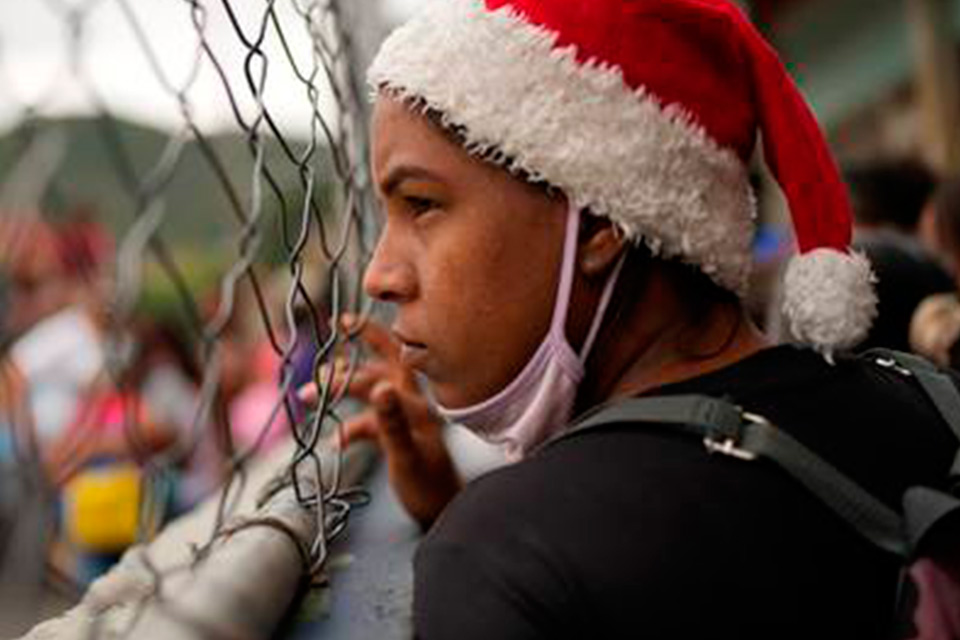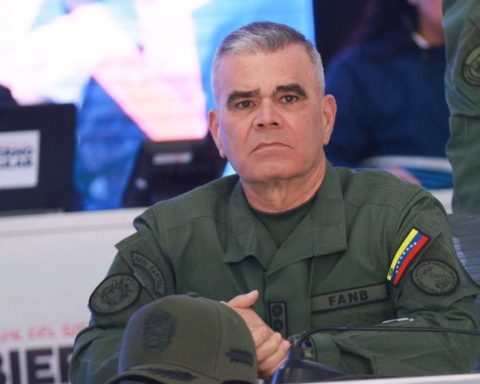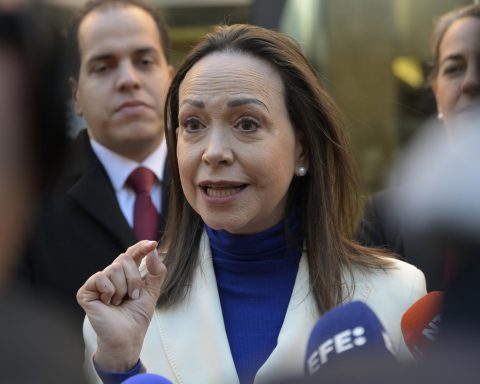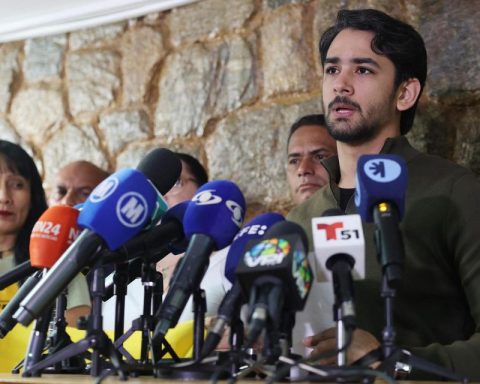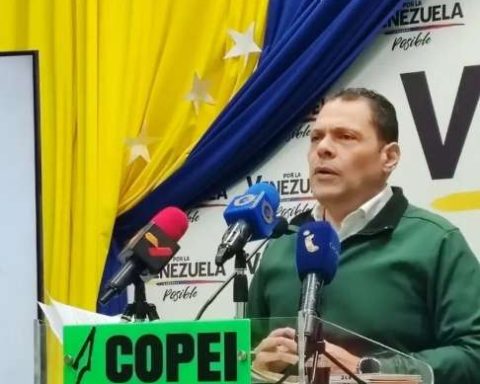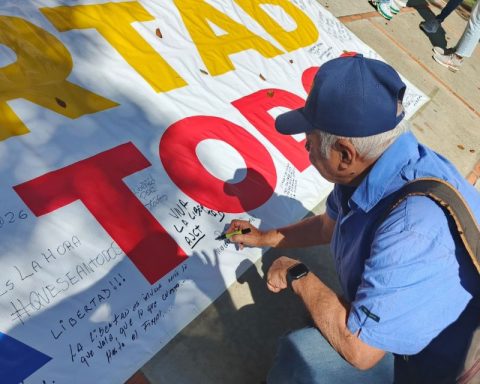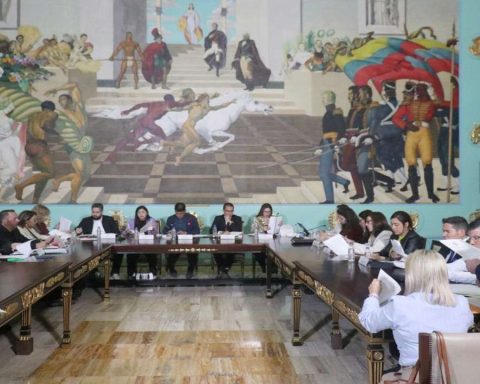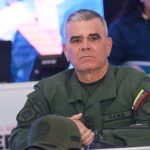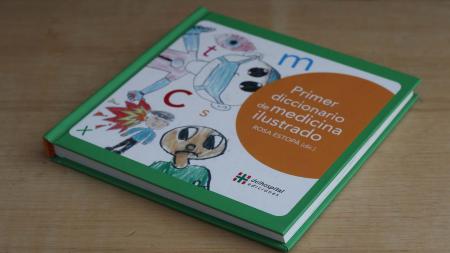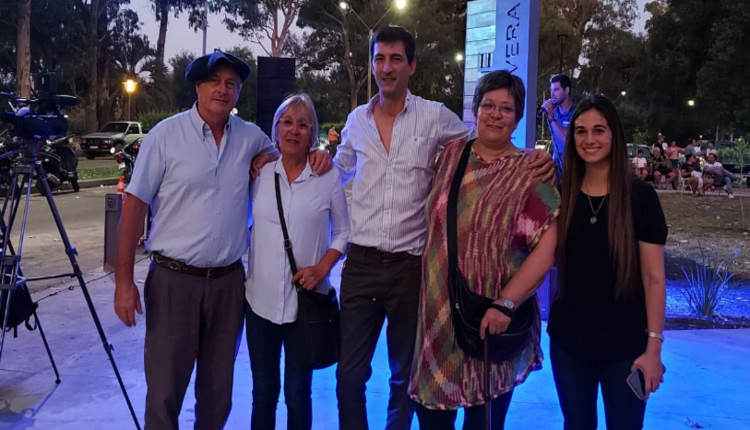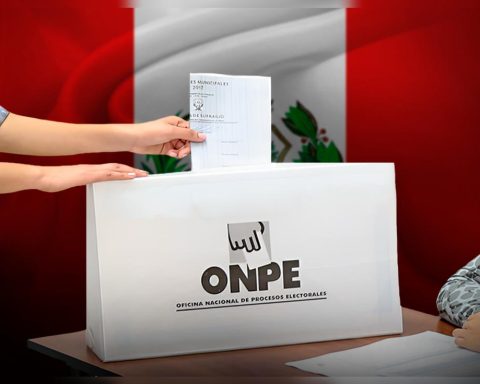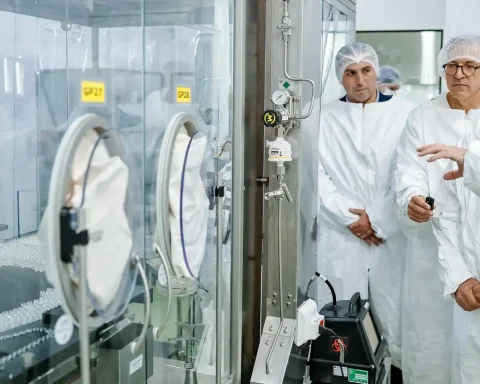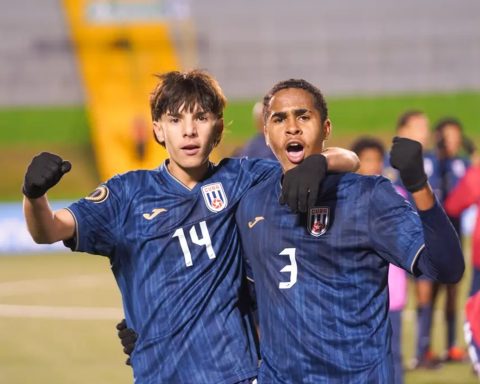About 20% of the Venezuelan population has emigrated from their country in the last decade. At Christmas and New Year, when they aspire to be reunited, separated families take advantage of digital possibilities. And after several remote parties, families have created dynamics such as celebrating these dates two and even three times, depending on where they are.
«Hello, daughter, good morning. How is the sunrise? How are my cat grandchildren? Meow meow meow…«. Every morning, from Caracas, Martha Chacón sends greetings to her daughter Marialba Castillo, who lives in Madrid. She does it through a WhatsApp voice note that will later make way for a video call. It is the way that this woman from a popular area of the Venezuelan capital has of being in contact with her migrant children.
«I have a daughter in Madrid, a son in Costa Rica. I haven’t seen my children physically for five years”, says Martha Chacón. “I have my grandson in Panama, and my other grandson in Costa Rica. I know my eldest grandson but I don’t know the youngest, only through social networks.
“Sometimes we can talk for half an hour, sometimes we can talk for an hour, sometimes we can talk for five minutes,” their daughter Marialba appreciates the fact that they communicate daily, when the availability of the Internet allows it.
*Read also: Prevention is better than regret: fireworks are not always a celebration
This Christmas, as at the arrival of the new year, they will toast with an ocean of distance. She and her brother are part of the 7.1 million Venezuelan migrants and refugees Registered by the UN Refugee Agency (UNHCR) around the world.
Separated families and grandparents left behind accumulate in the building where Martha lives. It is the elderly who suffer the most from economic precariousness, with pensions minimized by the devaluation of the bolivar and inflation. At the end of 2022, these do not reach 10 dollars a month. That’s why Martha can’t travel.
Given this situation, and after five Christmases celebrated at a distance, Marialba says that they already have some dynamics. «On the 24th and 31st we call each other when it is midnight here, mid-afternoon in Venezuela; Then we talk when it’s six in the morning here, midnight in Venezuela. We receive the year twice, sometimes three when my brother is in Costa Rica.
«The strength of the love of mother and children is what prevails and allows us to feel very close, with our communications by WhatsApp, by Instagram», confessed Martha Chacón, who wants a reunion, even if she has to wait patiently for it.
